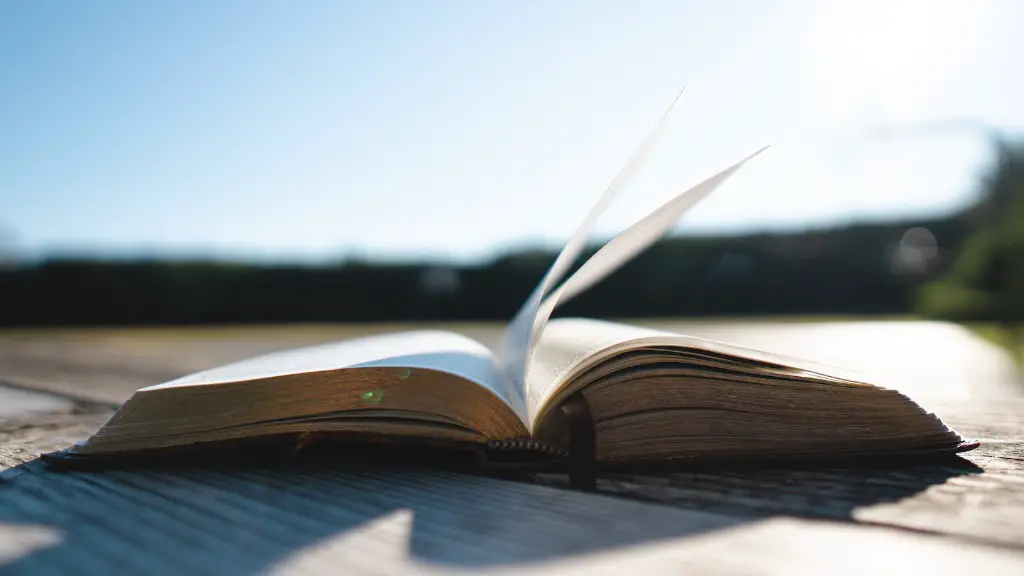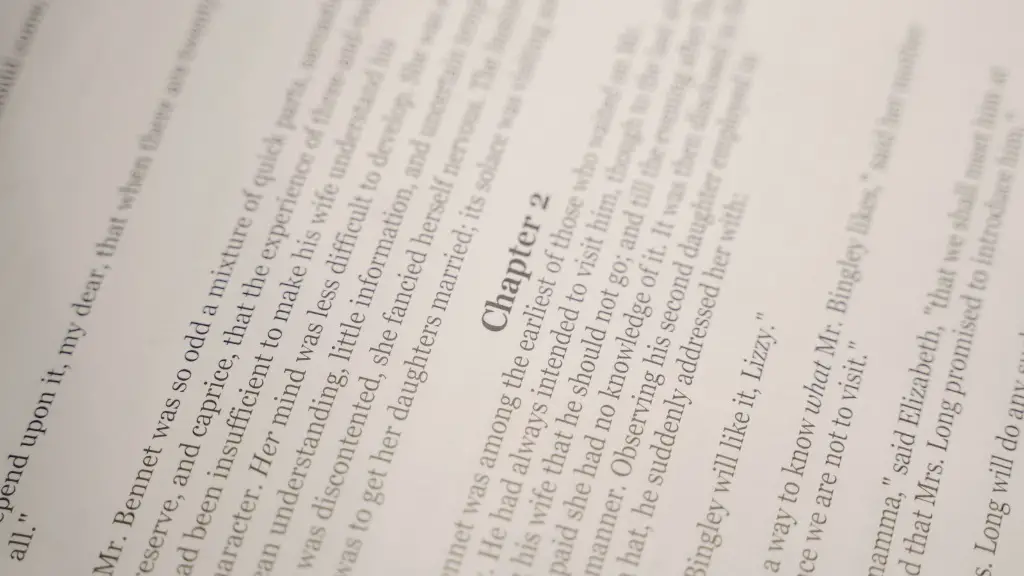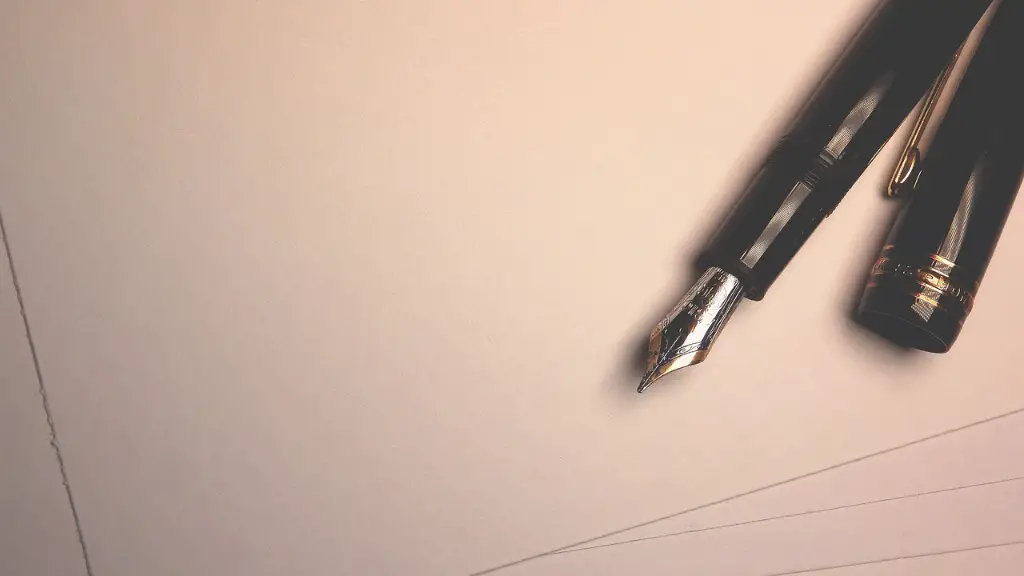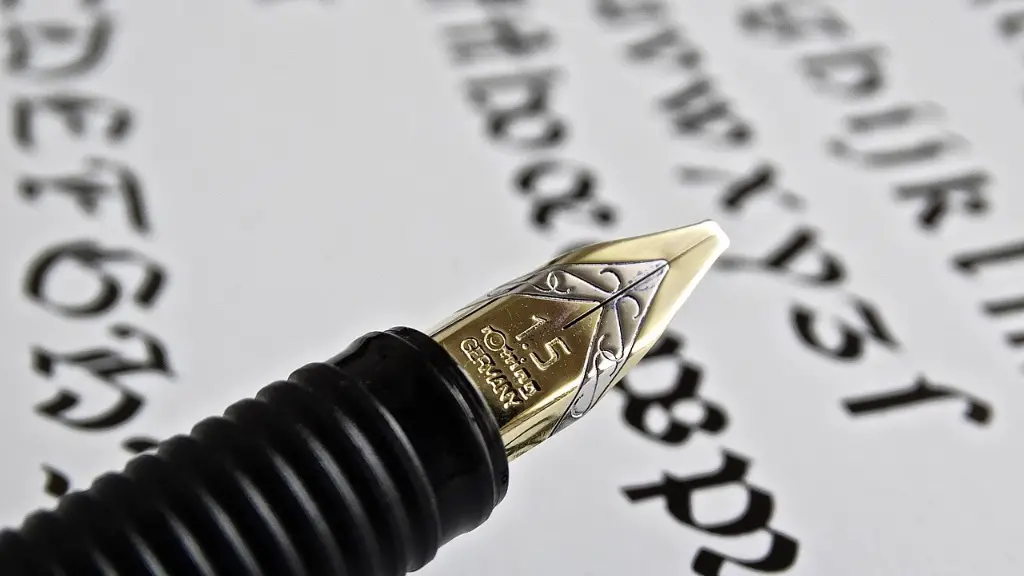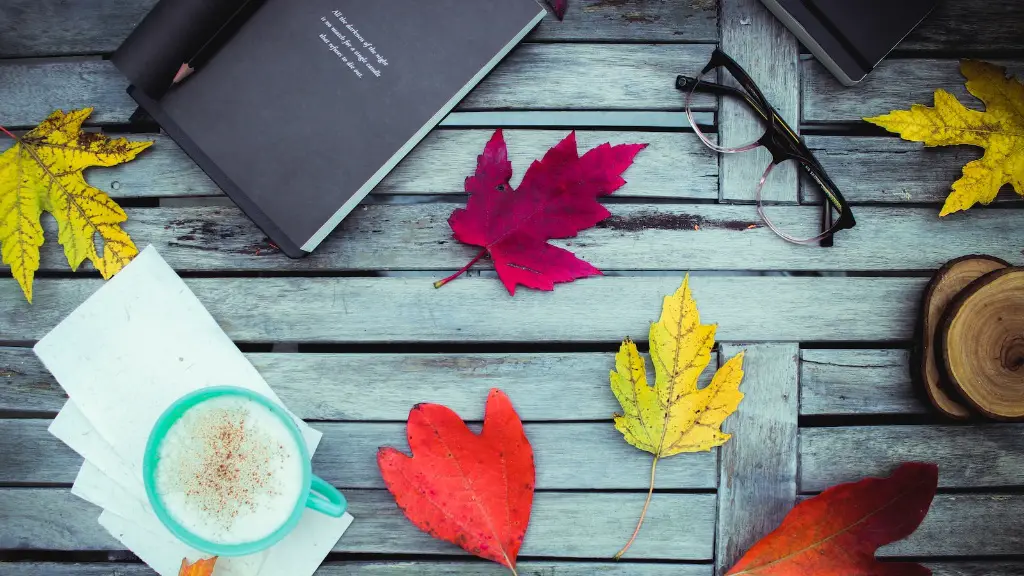Throughout history, poetry has been a way to communicate emotions, feelings and ideas in an artistic and unique way. But when the words spoken aloud, they have an even greater impact. Spoken poetry is all about the performance of literature and is usually reflected by an expression of ideas and raw emotions. Poetry, on the other hand, is often seen as more formal and composed than spoken poetry. In this article, we’ll explore the differences between these two genres of literature in greater detail.
One of the main differences between spoken poetry and poem is their purpose. Poems are usually written to be read silently, and are often created to communicate a certain level of beauty, emotion and craftsmanship. In contrast, spoken poetry is designed to be performed aloud in a public venue – often with the help of a microphone – as a way to get the audience to feel and connect with the words. Spoken poetry often focuses more on the performance of the words and ideas than its structure.
Furthermore, the structure of spoken poetry and poem is also quite different. Poems are typically composed of rhyme, meter and stanzas while spoken poetry put little emphasis on anything like that. Spoken poetry is more of an improvisational art, where poets experiment with words and their impact on the audience. Poems, on the other hand, are composed to provide a certain level of structure and beauty that is not as important for spoken poetics.
The style of writing for both forms is also quite distinct. Poems usually utilize a range of literary devices to construct a distinct composition of words. Rhyme, meter and stanza are all part of the toolkit of a poet. Spoken poetry, on the other hand, goes beyond the basics of literary writing and instead focuses more on the delivery of the words. More emphasis is put on intonation, pauses, emphasis and other elements of performance than the structure of the composition.
Another key difference between spoken poetry and poem is their audience. Poetry is usually written for the readers, in terms of providing them with a beautiful and emotional experience from the page. Spoken poetry, on the other hand, is usually written for an audience – and where the performance aspect is much more important. Most spoken poets have a very strong connection with their audience, as their words are meant to captivate and engage them.
Finally, spoken poetry and poem also differ in terms of their impact. Poetry is often praised for its ability to create a stunning and memorable experience in the minds of readers. Spoken poetry, however, is more about expression and connection – the performance of the words can really bring the audience in, and help them to engage with and empathize with the words of the poet.
Emotional Impact
When it comes to emotional impact, spoken poetry and poems both offer a unique way to create a deep connection with the audience. Poems are often composed with great care and attention to detail, crafting a unique and thought-provoking experience with the chosen words. In contrast, spoken poetry often has a more improvisational, extemporaneous quality that can create a truly captivating experience for the audience.
For spoken poets, the impact of their words goes far beyond the audience. Performance poetry is an avenue for a poet to express emotion and share their personal stories in a powerful and intimate way. Poems, on the other hand, rely more heavily on literary devices like rhythm, meter and stanza, often working to create a more nuanced and refined experience for the reader.
In both cases, the emotional impact of words can have a lasting effect on both the audience and the poet themselves. Spoken poets often see the performance of their words as a chance to create a unique and powerful connection with their audience, while poets often use their chosen words and structures to add a certain beauty and understanding to the poem which can be savored by the reader.
Evolution
The evolution of spoken poetry and poetry has been ongoing for centuries. Early forms of poetry, such as the epic stories of Homer or the ancient educational works of Virgil, show how literature has been crafted to communicate stories, emotions and ideas in unique and beautiful ways. In modern times, spoken poetry often takes on a more experimental form, pushing the boundaries of performance and expressing raw emotion in real-time. Poetry, on the other hand, often draws more heavily on traditional literary techniques, aiming to craft the poetry with a certain level of artistic endeavor.
The development of both genres has also been shaped by many different forces. Poetry often relies heavily on the publication of works in order to reach its target audience. Spoken poetry, however, is more often heard in a live setting, often as part of a festival, event or gathering. In each case, the development of the genres has been heavily influenced by the venues and tools available at the time.
From the ancient epics of Homer to modern spoken poetry performances and carefully crafted poems, the evolution of literature is an ongoing and fascinating journey. Both spoken poetry and poem are great tools for expressing emotions, feelings and ideas in unique and powerful ways – just remember that each has its own unique purpose and style.
Poetic Techniques
When it comes to communication of concepts, feelings and thoughts both spoken poetry and poem are powerful mediums. Poems utilize a range of poetic techniques, such as rhyme, meter and stanza, to weave a certain degree of beauty and emotional power into the words. Spoken poets often don’t have to adhere to the poetic conventions of literature but instead can rely more heavily on the performance of their words to captivate their audience.
Another important difference between spoken poetry and poem is their delivery. Poems are usually written to be read silently, usually with one person at a time. Spoken poetry, on the other hand, is designed to be performed aloud in a large setting. As such, spoken poets often make use of microphones, pauses and intonation to really drive their point home – something that is not really necessary for traditional poetry.
Many of the techniques used in spoken poetry are also found in poetry, but they may be used in different ways. For example, while a poem may make use of rhythm, intonation and pauses to create a certain level of beauty and impact, spoken poets are usually more concerned with the immediacy of their delivery and the ability to connect directly with their audience.
Related Genres
In addition to spoken poetry and poetry, there are also many related genres of literature that make use of both performance and writing techniques. These include spoken word, rap and hip-hop. Spoken word is a type of performance art that often utilizes spoken poetry, while rap and hip-hop typically include elements of spoken poetry as well as references to literature and culture.
All three of these genres draw heavily on the power of words and performance to communicate ideas, feelings and stories. Rap and hip-hop often make use of rhythm and rap to really emphasize the message and drive home the point, while spoken word and poetry often rely on directness and poignancy to really get their message across.
The differences between spoken poetry, poem and related genres is actually quite small – but understanding them can have a big impact on the messages and ideas you are able to express. Any of these genres of literature can be effective in communicating your ideas, but it’s important to understand the key distinct features of each when crafting your artistic expression.
Conclusion
In conclusion, there are many differences between spoken poetry and poem. Poems are usually composed of rhyme, meter and stanza while spoken poetry puts more emphasis on improvisation and performance. Poetry is written to be read while spoken poetry is designed to be performed in a public setting. Finally, spoken poetry often creates a more personal and direct connection with the audience, whereas poetry is more about providing an aesthetic experience for the reader.
